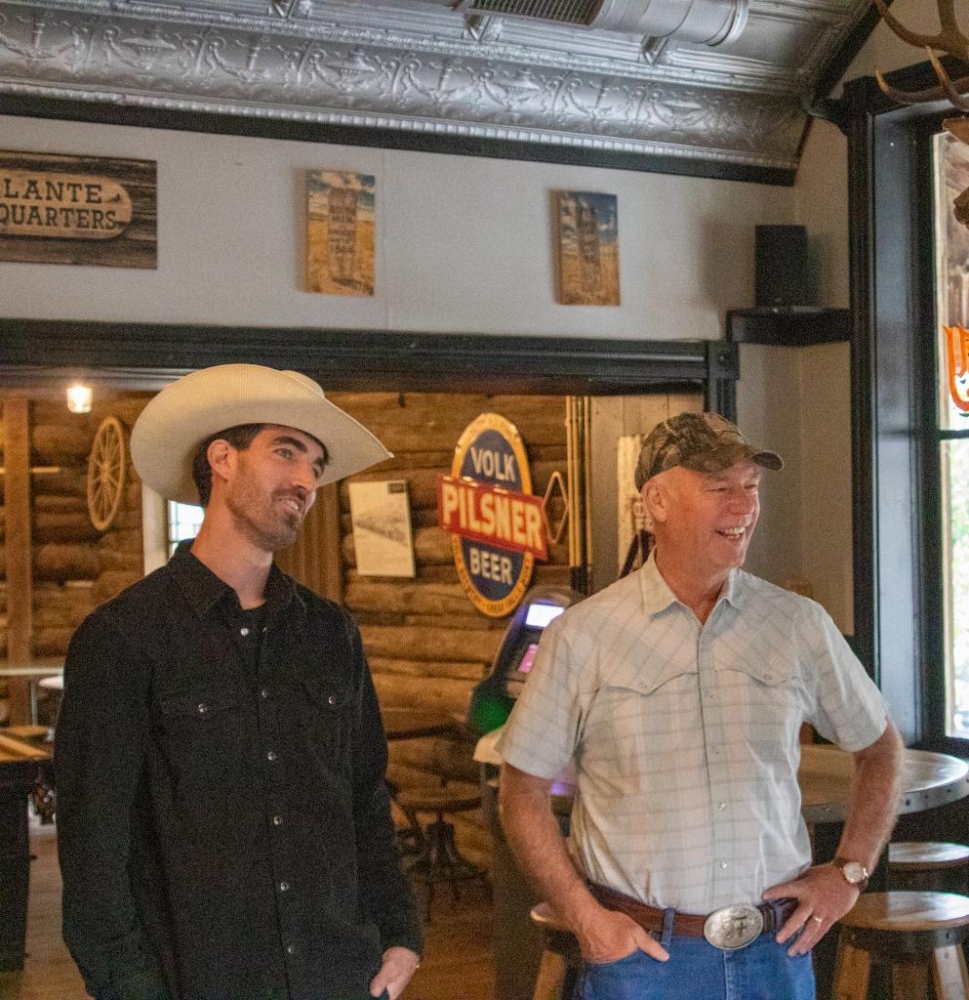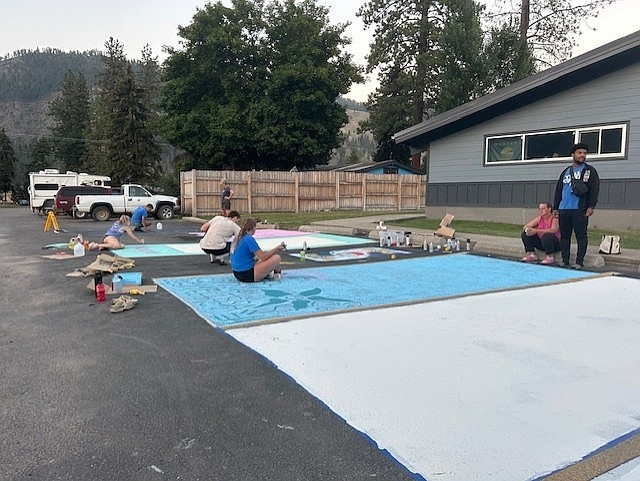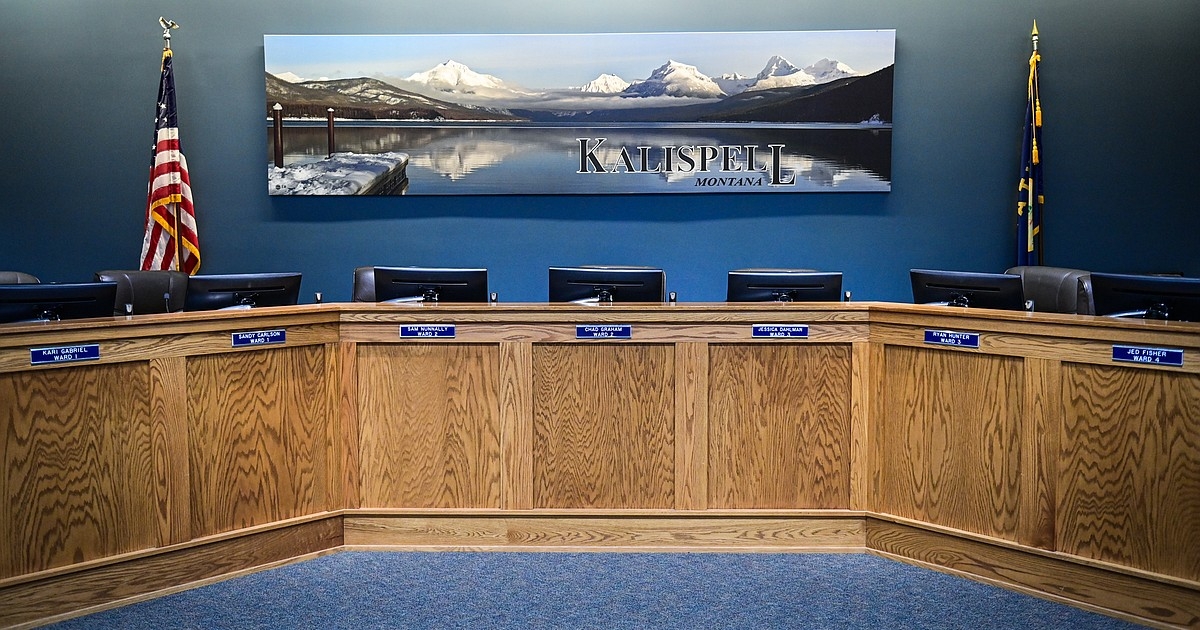Description
Laugh out loud funny. Gut wrenching serious. And a potent message for our times.
Hilary Hutcheson’s first film “The Tengu Club” weaves fishing into a personal story of family and how they survived racism and Japanese Internment Camps during World War II.
Hutcheson is best known locally as the owner of Lary’s Fly and Supply fly shop on Nucleus Avenue in Columbia Falls and the outfitter of record for Glacier Angler/Glacier Raft Company.
But the Columbia Falls business owner also has an extensive background in video and film and started her career as a broadcast journalist.
This is her first film as a director, however, as she co-directed the half-hour documentary with Britton Caillouette, a talented filmmaker with Farm League films.
“The Tengu Club” works on several levels. The directors did a masterful job of weaving the story of the club, which was, and still is, a group of Japanese-American fishermen in Seattle, who fish the Pacific Ocean in the winter for salmon, not necessarily out of choice, but because whites wouldn’t let them fish in their derbies or rent boats in the prime fishing months.
Then the bombing of Pearl Harbor by the Japanese happened on Dec. 7, 1941, and Japanese-Americans across the U.S. were persecuted and sent to internment camps during World War II, though many Japanese men also fought for U.S. forces during the war.
About 120,000 Japanese nationwide were sent to the camps, including Hutcheson’s grandfather and her grandmother on her mother, Robin Lange’s, side. Hutcheson’s grandparents were not married at the time.
Hutcheson’s father, Dave, along with Robin both had long careers working in Glacier National Park and Hutcheson never really knew much about her family history. Dave Lange is not Japanese-American.
The film was originally just going to be about the fishing club, but like any good storyteller, Hutcheson and Caillouette began peeling back the layers and found an even more compelling tale to tell — one that weaves the story of Japanese-American struggles before, during and after the war and Hutcheson’s investigation into her own family’s roots.
Along the way, there is fishing and the Tengu Club, which binds everyone together like an indestructible glue, despite the hardships of war and imprisonment of people who are American citizens.
Some of the more poignant storytelling comes from Hutcheson’s second cousin, Masaru Tahara, who is also a club leader and avid fisherman, just like Hutcheson.
Tengu is Japanese demon. The more he lies, the longer his nose gets. Fishermen, are of course, always loose with the truth.
Hutcheson joined the club, to both fish with the men and to learn their techniques. She has been out several times and has yet to catch a fish.
The film uses a blend of vintage family footage, modern footage and film from the club’s banquets. Toward the end of the movie, there is a memorable scene on the Flathead River that will make you laugh out loud as the full scene is finally revealed.
Funded by Yeti, the company best known for its indestructible coolers, “The Tengu Club” will screen Friday, free at the Whitefish Performing Arts Center. Doors open at 6:30 p.m. The film starts at 7 p.m.
The evening is hosted by Pursuit. Donations will be accepted for the Stumptown Historical Society, which is working to further enhance its own collection of Japanese American history in Whitefish and Montana.
The movie can be streamed online through YouTube as well.
News Source : https://dailyinterlake.com/news/2025/may/22/review-a-fishing-story-woven-into-the-reality-of-internment-camps/
Other Related News
09/03/2025
The changes were brought about by representative Ken Walshs HB 680 and are designed to all...
09/03/2025
HELENA Mont The Helena Police Department HPD is asking for the communitys assistance in i...
09/03/2025
Remember senior year Maybe it was marked by spirited pranks painted hillsides or the anti...
09/03/2025
New York Citys Jumbotron screens in Times Square are flashy fixtures in the nations large...
09/03/2025












